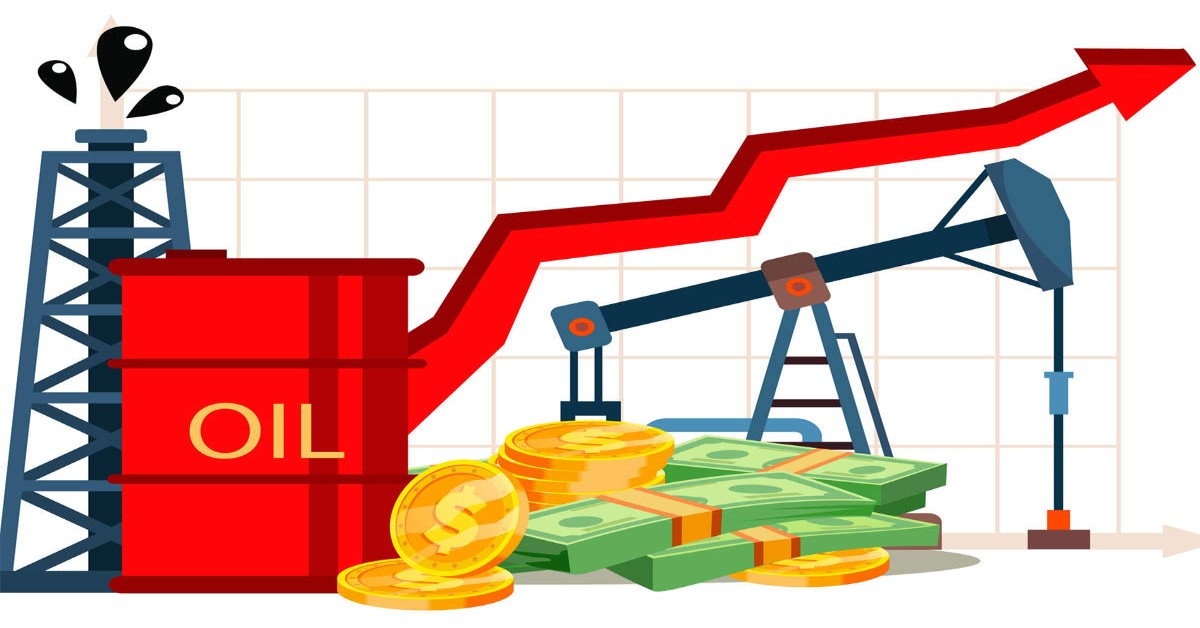Can the market hold a positive attitude?
Yesterday we had a focus on US data and speeches. While data were positive and confirmed that consumers have a positive reaction to the recovery, hawkish tones and fans in FED found the stronger position.
According to the published data, October retail sales in the US, hit a new high since March this year, at 1.7%, both for headline and Core data.
The report from of US Census Bureau shows that non-store retailers had the largest increase in monthly sales, by 4.0% increase; and then gas stations with 3.9% increase in sales, electronics goods, and electrical stores' sales raised 3.8%, construction materials, Garden equipment, and consumables distributors' sales increased by 2.8%, grocery retailers sales increased by 2.8%, auto and Car parts distributors increased by 1.8%, retail and food services sales also increased by 1.7%, sporting goods, musical instruments and Bookstores sold 1.5% more, food and beverage stores sales rose 0.9%, sales in grocery stores increased by 0.8%, furniture and home furnishing stores could sale 0.4%moe. And the weakest part, was the sales in clothing and apparel accessories stores with just 0.7% increase, after an increase of 2.1% in September.
Overall, with high inflation help that increases the nominal sale number, US retail sales raised for the third consecutive month. We can point several reasons for that, including increased savings and rising wages, and higher prices because of inflation, which can increase the numbers, even with fewer sales and both of them have helped maintain the broad growth of consumer spending.
in short, data show that the economy increasing fine and inflation still can stay higher because of increasing producer inflation and wages. These can put pressure on FED to increase the tapering level, as yesterday Federal Reserve official Bullard had hawkish remarks in his speech. Mr. Bullard believes that FED can increase the tapering scale to $30 billion per month if necessary, and end the asset purchases earlier, therefore Fed can raise interest rates twice next year”.
While yesterday increasing the retail sales and Mr. Bullard's remarks helped the USD to increase the highest level since July 21 last year and finally closed up more than 0.3% at 95.90, today focuses will be on inflation numbers in the UK, EU, and Canada. In the US season also, US housing numbers will be in the spotlight.
On the other hand, in the energy market, despite the lower increase of inventories in the API report, US oil prices eased. This increase was unlikely to even with knowing that gasoline stocks also fell more than expected in the week ended November 12. The reason for short-term falling prices is more pressure on the Biden administration to release oil from emergency reserves to limit or even stop the soaring gasoline prices. Mr. Biden and his administration already have been considering releasing oil from the Strategic Petroleum Reserve (SPR) to control the gasoline prices. Given the data and increasing demand, even using the SPR can not be the long-term solution.
According to the API weekly report, Crude inventories rose by 655,000 barrels, less than 1.4 million barrels of expectation. Today energy market will focus on EIA weekly report.


















